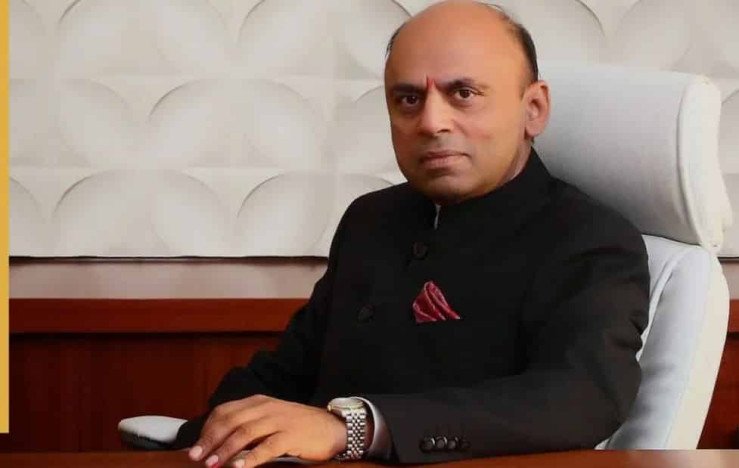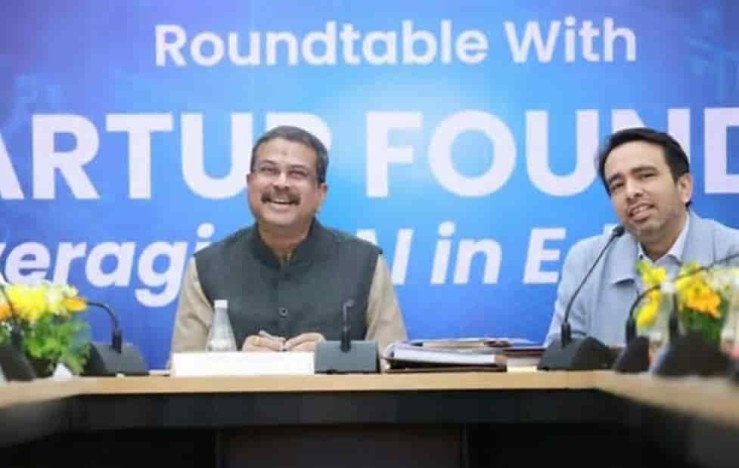Last Updated Apr - 20 - 2022, 01:01 AM | Source : | Visitors : 37

The University Grants Commission (UGC) has allowed academic collaboration between the Indian and foreign colleges to offer three different types of degree programmes — dual, joint and twinning degree programmes — to students from India and abroad. The commission approved the regulations, formally called the UGC (Academic Collaboration between Indian and Foreign Higher Educational Institutions to offer Twinning, Joint Degree and Dual Degree Programmes) Regulations, 2022, on Tuesday. FELA explains how the regulations will work. What is allowed under the new regulations? The regulations allow three types of degree programmes: dual (where both colleges award the degree, albeit in the same subject), joint and twinning (where part of the course is completed overseas with the upper limit being 30% in twinning programmes, and the lower limit being 30% in joint programmes). Is this the first time? This is the first time joint degrees are being permitted. But regulations allowing some of these initiatives were first announced in 2012, and modified in 2016. But there were not many takers for the previous versions. Who can collaborate? The UGC has set eligibility criteria for Indian and foreign higher education institutions for collaboration under the new regulations. An Indian college must have a minimum National Assessment and Accreditation Council (NAAC) score of 3.01 or figure in the top 100 in the university category of the National Institutional Ranking Framework (NIRF) or in the top 1000 of Times Higher Education or QS World University ranking. Foreign universities should be in the top 1000 of Times Higher Education or QS World University ranking to be eligible to collaborate with Indian educational institutions. How will they collaborate? The two colleges will have to enter into a written Memorandum of Understanding (MoU) or agreement. The two higher educational institutions will have to enter into a Memorandum of Understanding (MoU) or written agreement that will have to spell out provisions related to student obligations, fees and other financial arrangements, intellectual property rights, attendance patterns, duration of stay for the study programme in both the institutions, joint supervision arrangements, language of thesis and examinations, admission and evaluation process and graduation procedure. Source - Hindustan Times

Feb - 21
The story of Sunil Galgotia is one that shows how ambition and vision can slowly turn into something very big. After completing his studies at Delh... Read More

Feb - 20
India currently has 21 Indian Institutes of Management (IIMs) located across different states. These institutes are known for offering some of the ... Read More

Feb - 20
Union Education Minister Dharmendra Pradhan recently chaired a roundtable discussion with founders of Indian startups working in artificial intelli... Read More